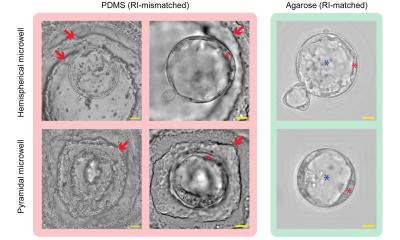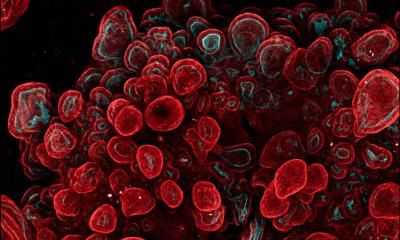Non-invasive prostate cancer test may reduce biopsies
The French firm bioMérieux and ProteoSys, based in Mainz, Germany, have signed a license and development agreement for Annexin 3 to be used to develop a urine-based, confirmatory diagnostic test for prostate cancer.
After a research phase, the new test should be developed on the VIDAS platform.
Annexin 3, also known as ANXA 3, was discovered by ProteoSys, which specialises in cell biology and proteomics. Studies have shown that ANXA 3 quantification in urine is a novel, non-invasive test with high specificity for prostate cancer. Today, when the levels of prostate specific antigen (PSA) are in the uninformative ‘grey zone’, a biopsy is used to provide definitive diagnosis. The ANXA 3 test would be used to provide better identification of patients with a high probability of prostate cancer, thereby reducing the number of unnecessary biopsies.
After the first research phase at bioMérieux, a diagnostic test for the VIDAS platform will be developed. While the confirmatory diagnostic application on VIDAS will be the initial focus, bioMérieux is also considering the development of treatment decision and prognostic applications for ANXA 3.
28.10.2008











